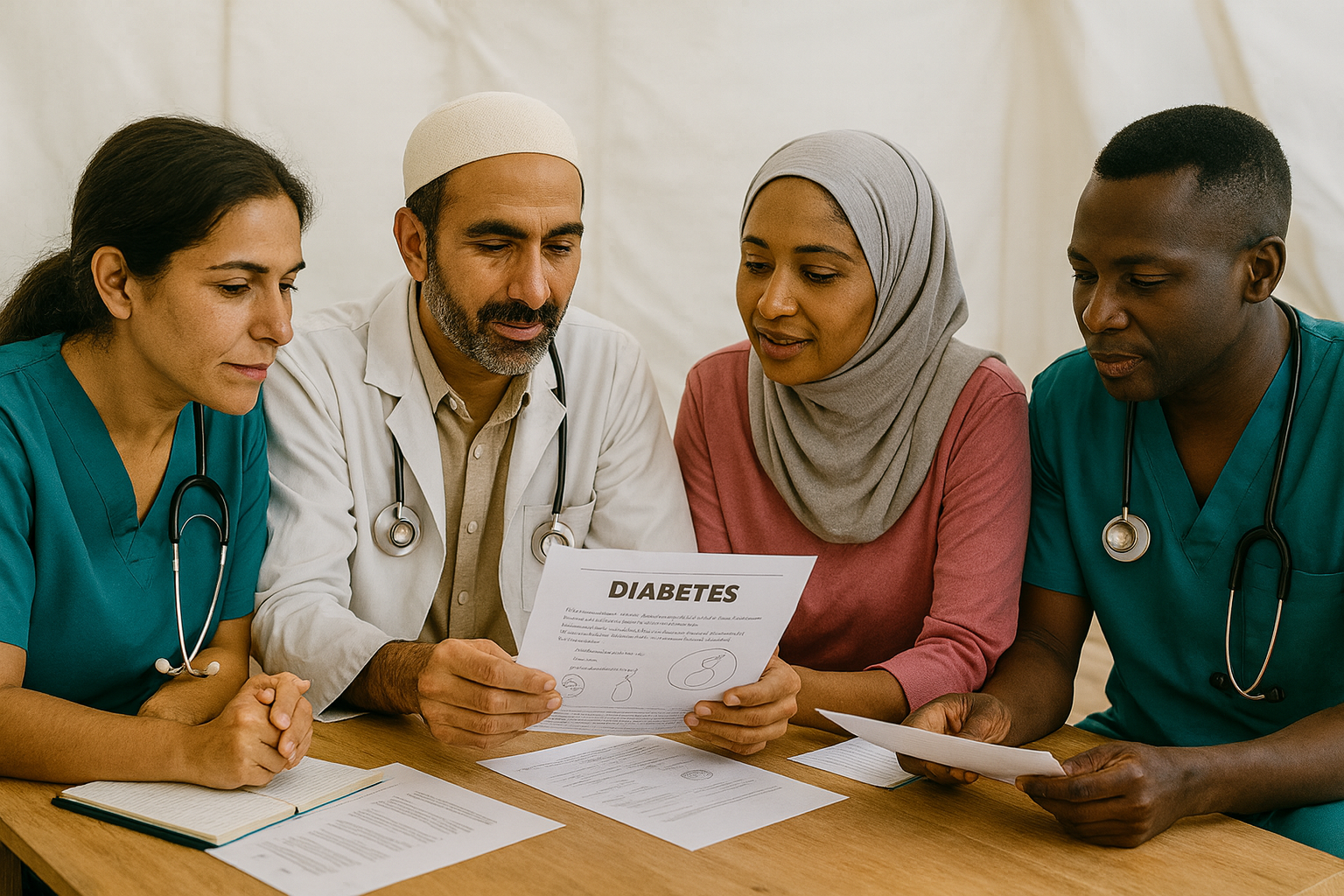
Written by Nadège Sheehan, PhD – Co-Founder & President of OneGuild Institute. She specializes in peacebuilding, health equity, and conflict-affected systems.
In international relations, diplomacy is often seen as the domain of seasoned negotiators, political envoys, or high-stakes peace talks. But in today’s interconnected world, health professionals, scientists, and educators are increasingly stepping into roles that are, in essence, diplomatic.
This is the work of global health diplomacy — the practice of using health as common ground to foster dialogue, trust, and cooperation between communities and nations. And in fragile or post-conflict settings, it can be one of the most enduring forms of peacebuilding.
Health as a Shared Language
In times of tension, health is one of the few topics that transcends borders and ideologies. No matter the political climate, people need care. When countries, or even divided communities, come together to train health workers, deliver vaccines, or contain outbreaks, they create neutral zones of collaboration.
These shared efforts do more than improve health outcomes — they rebuild lines of communication. They show that working together is still possible, even when formal diplomacy has broken down.
Practicing Diplomacy Without a Flag
Health diplomacy is often most powerful when it happens informally:
In these instances, health professionals act as unofficial ambassadors, offering expertise and empathy. They humanize the "other side," reduce suspicion, and foster relationships that can later support formal peace processes.
A Role for Every Practitioner
You don’t have to be a head of state to advance diplomacy. Clinicians who share treatment protocols across conflict lines, researchers who co-author studies across borders, educators who train counterparts abroad — all of these acts contribute to health diplomacy.
This kind of leadership is quiet but potent. It doesn’t seek headlines. But it strengthens systems, fosters resilience, and lays the foundation for more peaceful cooperation.
« Diplomacy is not always about negotiation tables – sometimes, it begins with a vaccine, a midwife training, or a cross-border health agreement.”
Why This Matters Now
As global challenges grow more complex — from pandemics to climate-induced displacement — the health community will be called on not just to heal, but to connect.
In these moments, health diplomacy becomes more than a policy tool. It becomes a strategy of peace.
__________________________________________
➝ Read Next: Empowering Health Professionals: Continuous Learning as a Peacebuilding
This article also appeared in the Peace & Health Initiative monthly newsletter. Subscribe here to receive future issues directly.